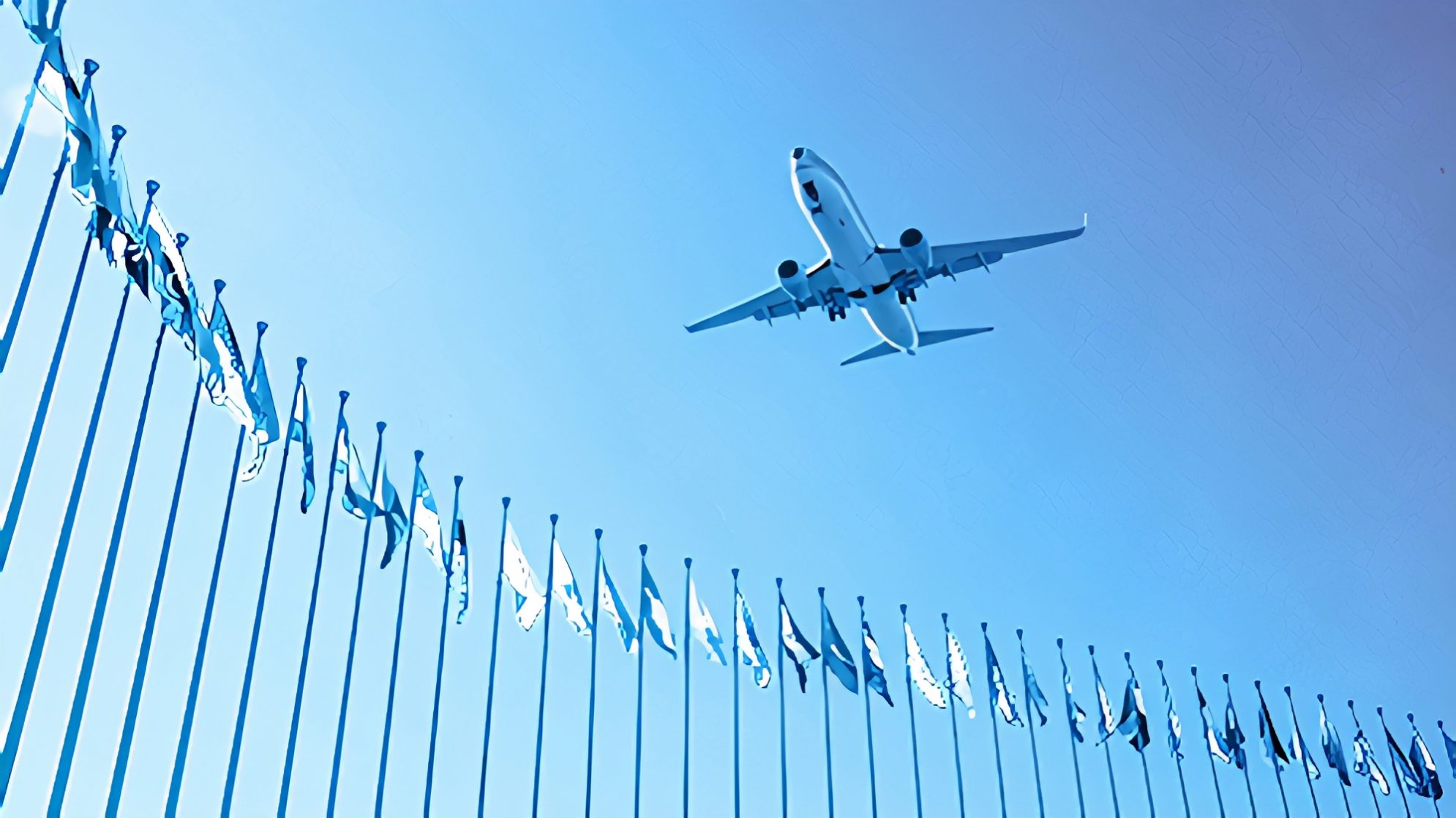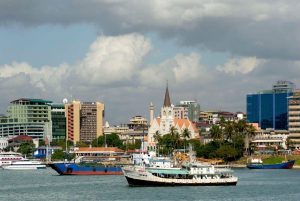The aviation sector is facing the most devastating crisis since World War 2 – and the most likely route to helping southern Africa’s regional airline industry survive is opening up the skies.
This is according to Aaron Munetsi, new CEO of the Airlines Association of Southern Africa (AASA). Munetsi takes over from Wrenelle Stander, a former CEO of Comair, who has become CEO of Wesgro – the tourism, trade and investment agency of the Western Cape and Cape Town.
AASA’s airline members represent about 90% of all carriers based in the Southern Africa Development Community (SADC). Its associate members include airport operators, air navigation, commercial airliner and engine manufacturers, banks and fuel companies.
Munetsi believes the biggest opportunity for aviation in southern Africa is intra-regional air service connectivity. He says this is imperative for the SADC’s overall economic recovery and future growth – having a commercially sustainable air transport industry that can connect and carry people and products between the region’s markets and beyond. AASA is advocating for close coordination and cooperation between governments and industry – regardless of who owns the entities involved.
But many of the SADC region’s airlines have ceased operations during the pandemic – some temporarily, some permanently. Many jobs directly and indirectly linked to aviation were lost.
One way of creating a sustainable industry on the continent is to open up the skies, says Munetsi.
“The framework for liberalising Africa’s skies has evolved from the Yamoussoukro Declaration of 1988 to the Single Africa Air Transport Market (SAATM) of 2018, which now has 35 signatories. The post-pandemic restart is the perfect opportunity to kick-start the SAATM,” says Munetsi.
“It is essential to energise the African Continental Free Trade Agreement which supports and promotes the free movement of people, goods and services across the African continent. This will generate additional trade, promote employment, stability, security and unlock the broader GDP benefits that unimpeded intra-African air connectivity will bring for each country and its communities.”
Munetsi – who was at SAA for more than 20 years in various management roles and based in eight countries during his career – says the opportunity to lead AASA at this critical juncture was “too exciting to pass up”.
Munetsi says a key challenge is that while demand is slowly returning, there is little pricing elasticity in southern Africa’s airline market, which means airlines have to walk a tightrope in a bid to grow market share, cover costs and eke out a slender margin.
Meanwhile, regaining passenger confidence in air travel remains a priority amid lingering concerns over Covid-19 infection.
Munetsi foresees that AASA will continue to play an ever-increasing role in raising concerns and proposing solutions through interaction with all key stakeholders, including air transport policymakers and regulators.
“The present financial sustainability challenges are the most severe peacetime test AASA’s members have faced. AASA, the African Airlines Association (AFRAA) and the International Air Transport Association (IATA), continue to lobby governments to provide financial relief and support to the entire industry,” he says.
“We appreciate the competing demands on the public purse, but aside from cash injections in airlines, governments could provide relief by reducing, deferring, scrapping or waiving the numerous taxes, levies and statutory charges on air travel and airfreight.”
Willie Walsh, director-general of IATA, recently used Airports Company SA (ACSA) as an example of some airports wanting to increase charges “to recover the money that airlines could not spend with them during the Covid-19 crisis”. ACSA has proposed raising its charges by 38% in 2022 to offset losses incurred as a result of the impact of Covid-19. ACSA says the claim is unfounded.
Munetsi says another way of assisting the aviation industry is to ratify the Cape Town Convention of 2000, which enshrines the ownership rights on leased aircraft and other moveable assets. By removing the risk of aircraft being seized by third parties, airlines would access far lower lease, financing and insurance rates. The convention has been widely adopted and implemented by most countries, but, 20 years later, South Africa, for example, is yet to ratify the agreement.
Source: Fin24






